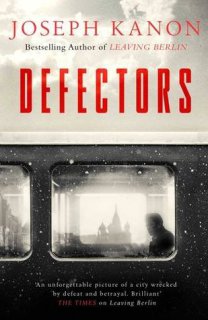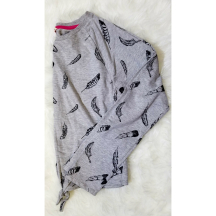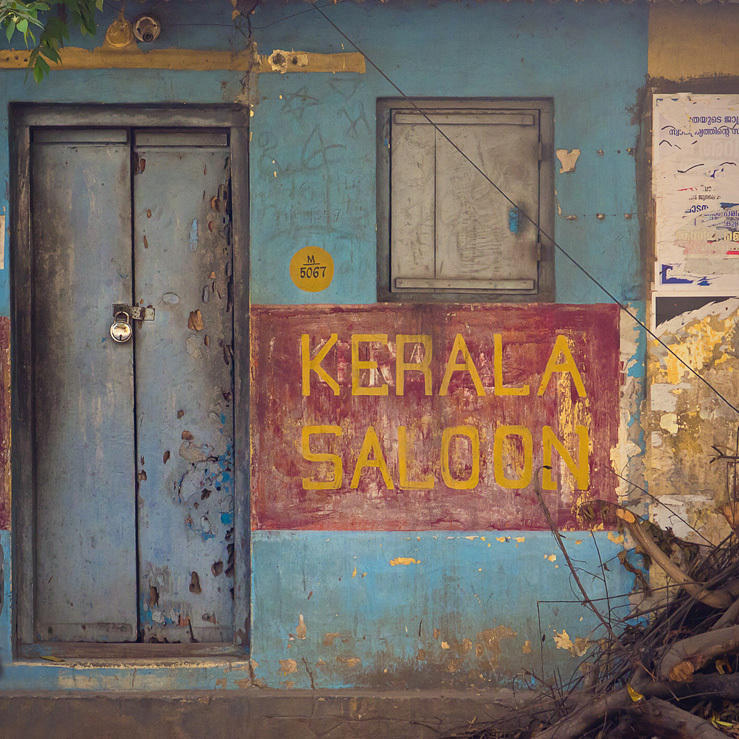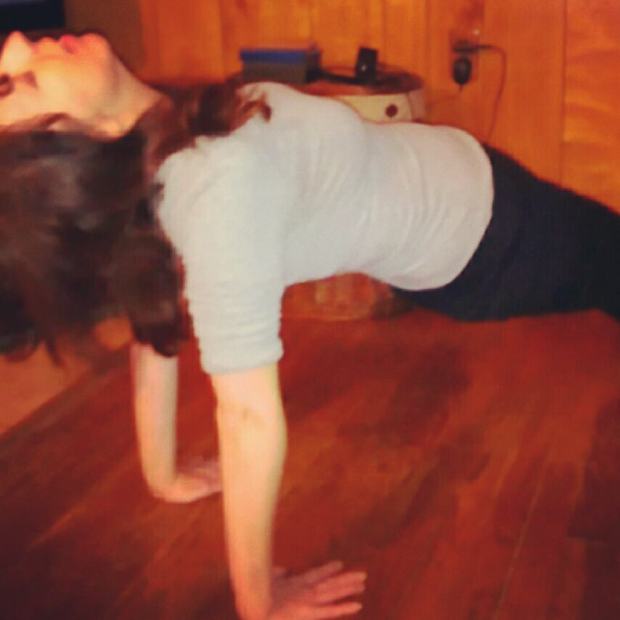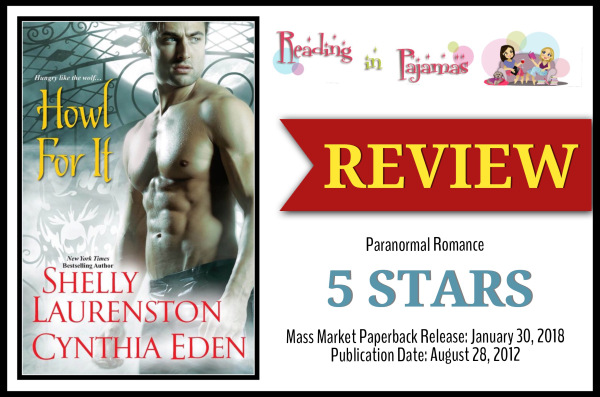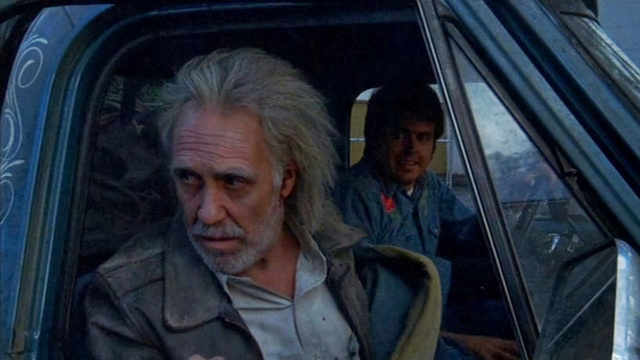
When I was an undergrad, I went through a brief but intense fascination with what happens to bodies after death. There’s an episode of Stephen Fry in America when he visits the Anthropological Research Facility at the University of Tennessee – or, as it’s also known, the body farm. It’s a site where bodies are left to decompose to allow researches to gather information on exactly what happens to a body in different states. Around the same time as I watched this, I read Stiff by Mary Roach, which is a book I’ve revisited in fits and starts a lot over the years since. But, as happens in university, the phase of intense interest passed as other things came to my attention. But recently, I came across an article about Caitlin Doughty, referencing her new book From Here to Eternity: Travelling the World to Find the Good Death, and all that old fascination came flooding back. I looked her up, and found her previous book, Smoke Gets in Yours Eyes. I bought and read it in a few short days. I loved it.
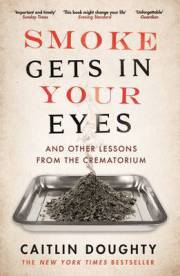
This is a memoir of Doughty’s time working in a crematorium in her early twenties, combined with a lot of incredibly interesting information, and the author’s personal reflections on the modern death. Anecdotes are told with remarkable wit and skill, particularly given the subject matter, and makes a compelling case for fighting against how afraid we have become of death and of our own dead. Doughty follows her own time learning and how her own thinking changed, carrying us from her first experience shaving a corpse to her dream of opening her own alternative funeral home – a dream she has achieved at Undertaking LA. While the topic might not be for everyone, this is a thoughtful and humane consideration of death and dying today, far more than anything gruesome.

On the heels of this, I picked up Judy Melinek’s memoir of forensic pathology in New York, Working Stiff. By design, this book is far more gruesome and grisly about the details of dead bodies. How we deal with grief is approached from a very different side here – it is Melinek’s job to understand what has happened to a person by the signs left on their body; she is not putting them to rest physically, but actively seeking the clues which might give peace to those they leave behind. There are a huge number of heartbreaking cases recounted – most strikingly, her account of working through 9/11. This was a different kind of fascination to reading Roach or Doughty, I learned a huge amount from this book as well.
These two books – and the discovery of Caitlin Doughty’s fantastic YouTube channel – have brought me back to an interest I’d lost a little bit. I’ve got a new reading list of death books I want to dive into in the future, and these were both brilliant ones to start with.

